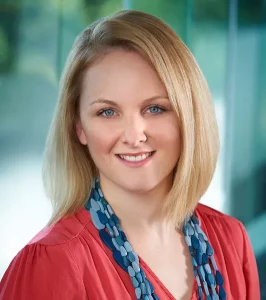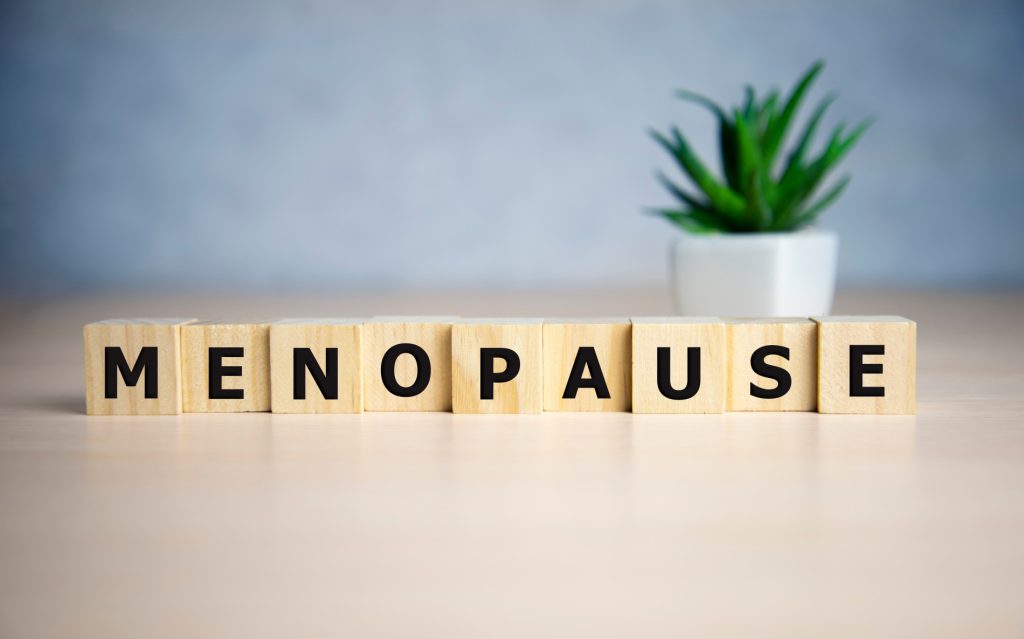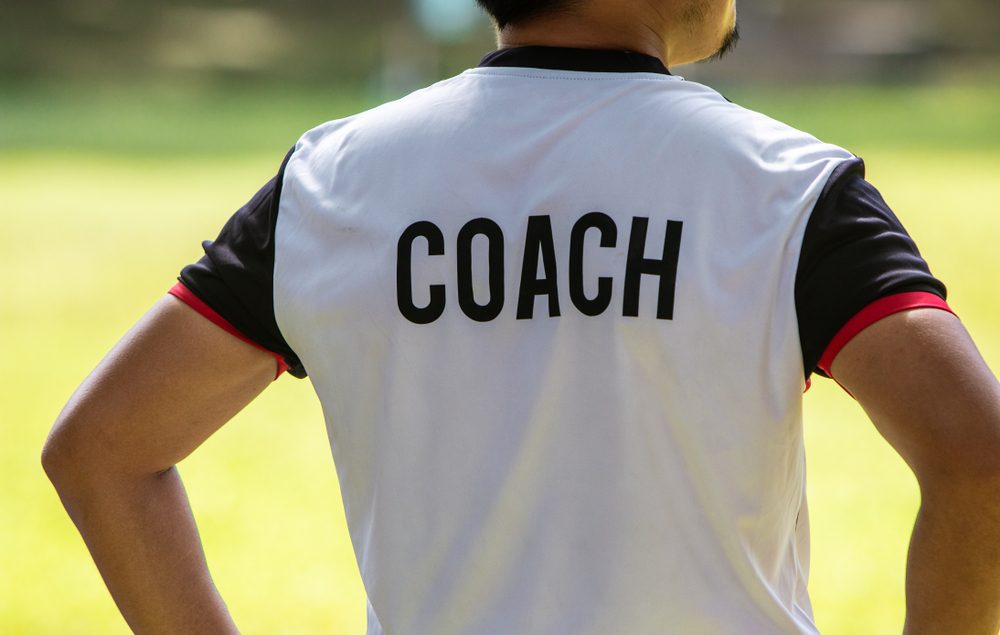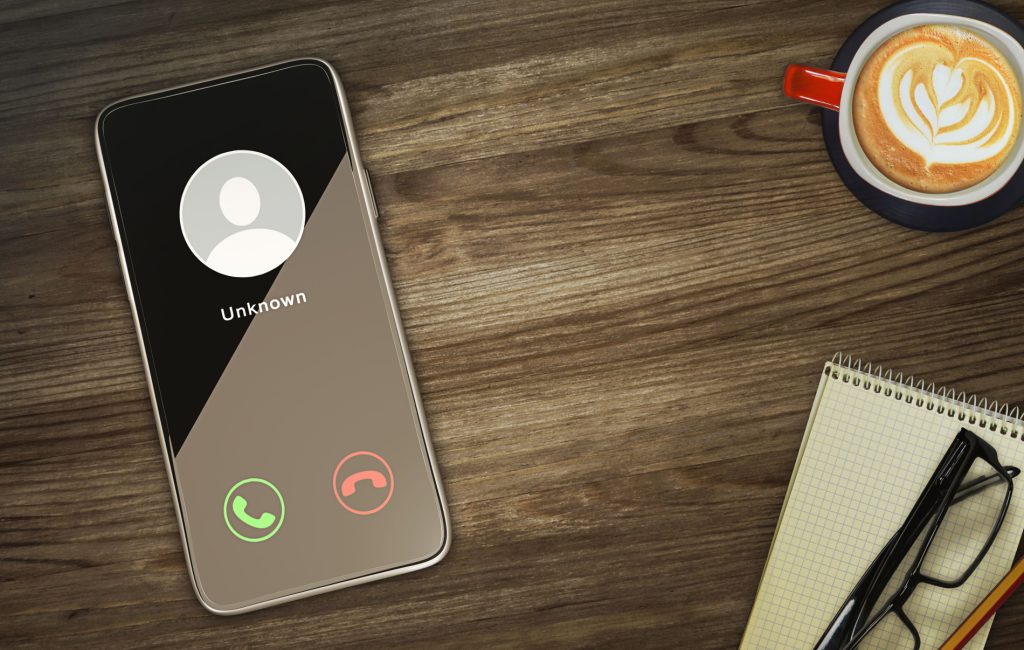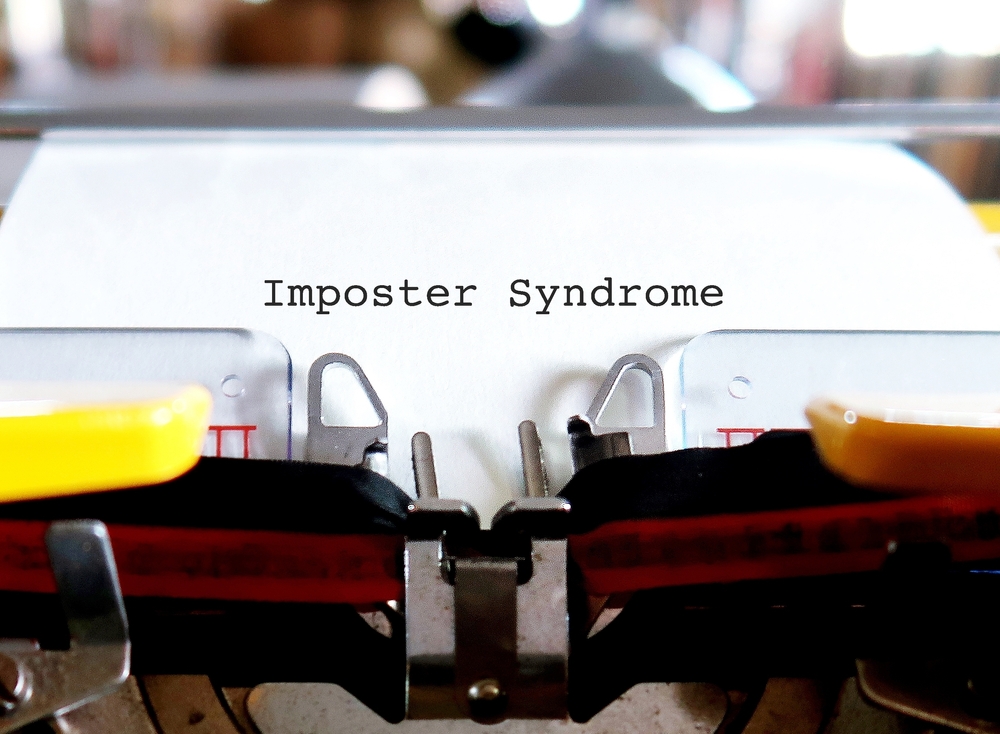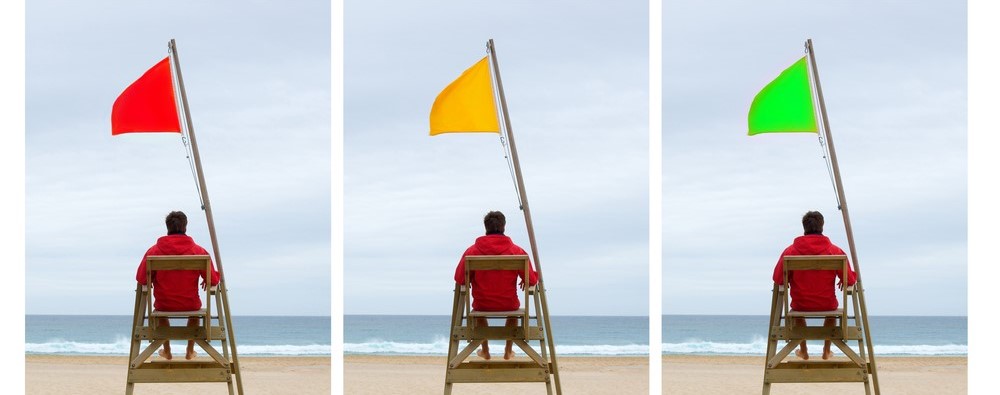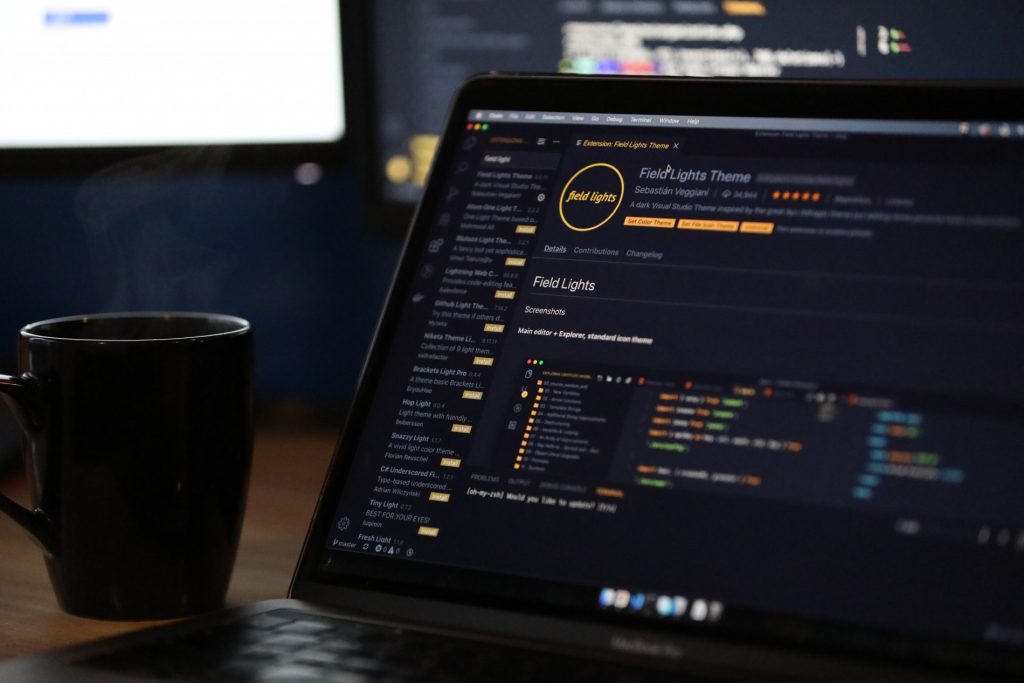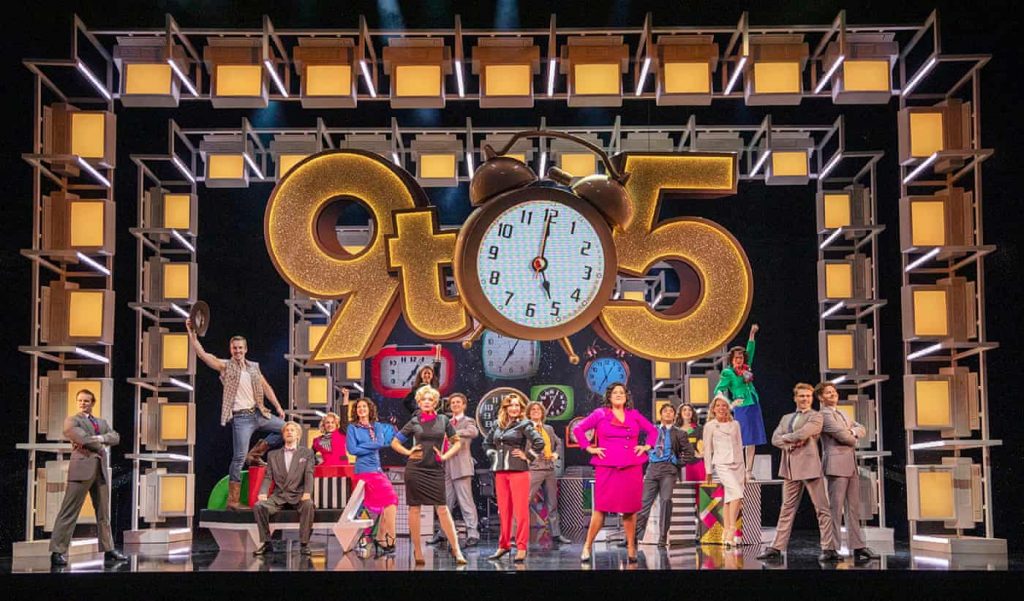Kate Peardon had not one, but two strokes. She refers to them as a gift without a bow.
We speak to Kate Peardon, who reflects upon how her two strokes became life-affirming events.
Occasionally you have the good fortune to meet people who have the power to make you reflect on how you live your own life. They radiate life and have an energy and spirit that makes you want to be in their presence. The best kind of people who make you think “I want what they are having.”
Kate Peardon is one of those people.
I first met Kate in 2005. Our connection was at first work and recruitment related. A candidate then client relationship, but who I now refer to as mostly a friend.
Kate is one of those people who is living a life that has depth and breadth. She is a consultant and a coach; her specialisation is unleashing brilliance in people. Over the years when I have met up with Kate for a coffee and a chat, I walk away feeling tall and mighty. She has that kind of influence, but she is kind, clever and very funny. She is also curious, a quality I have always admired and worked to mirror. With Kate there is no small talk, she speaks to your soul and leaves you aspiring to know more.
In February 2018, Kate’s life took an unexpected twist. She had been holidaying overseas and upon returning to Australia, within 24 hours she experienced a vertebral artery dissection with a blood clot travelling to her brain and a minor stroke. In itself, the story of her recovery was extraordinary, but it does not end there because eighteen months later she had a second stroke episode, and in May 2020, a device implanted into her heart in a hope to reduce the risk of a third.
Kate and I have always kept in regular contact and we continued to do so whilst she recovered from not one, but both of her strokes. Her fierce determination, her courage and her humour during this time was remarkable and if you know Kate you would not be surprised by this.
We know that life is short, and we know these words alone are a cliché but sometimes things happen that remind you that not all clichés are created equal. It’s a bit idealistic to think that you can live a life where you appreciate every single moment, every day, all of the days but Kate has a way of doing this and since we have found ourselves in the midst of a global pandemic I decided to turn to Kate for her wisdom and advice for when life tosses us around.
Kate, for those who haven’t had the delight in knowing you, how would you have described yourself before the stroke?
Full of life. I had a curiosity for life and didn’t want to waste a moment. As part of my Masters we completed the VIA character strengths survey, and my top strengths were Creativity and Originality, Curiosity and Interest in the World, Humour, Zest and Social Intelligence. I feel this is a great reflection of that time. I was always doing something! I was working as People and Development Director at Wiley, had my own consulting business, studying a Masters of Positive leadership and Strategy in Spain, continual travel nationally and internationally, doing triathlons, learning Spanish, and performing musical theatre on the side. I slept 4-5 hours a night and if I wasn’t “doing” something, the time was wasted. I would go as hard as my body would let me.
You have said to me previously that your stroke was an experience you refer to as a “gift without a bow.” Can you tell me what you mean by that?
The two weeks after the first stroke were very challenging. I really felt like I was wasting my life. I couldn’t work, think, walk more than 5 metres, sing, cycle, remember the conversation I was in, or do anything that I associated with being ‘me’. I really had to reframe it. I kept a diary of my thoughts because I couldn’t think straight enough to ‘solve’ this puzzle.
This is only a waste of time if I let it be.
How can I learn something from this experience? What if this is a gift?
Why “a gift without a bow”?
Can you imagine being given a package. The package is wrapped in newspaper, it’s torn, dirty and feels like it’s been kicked around and left out in the rain. The gift isn’t pretty, nor wrapped in a bow. It would be easy to discard and get on with life. Yet, it was still a gift. It was a gift if I dared to look inside.
I couldn’t “do” anything, so maybe the gift was learning to “be”. Without anything else but me. It really challenged me from a “doing” mindset to a “being” mindset.
We talk about not letting certain parts of our life define us, in your situation do you agree, or would you say that your stroke has defined you and if so, in what way?
I believe we can write our own story. Someone could have the exact same experience and it means something completely different. My story is, I am not attached to the experience, and it is not part of my identity. And yet given the chance, I wouldn’t change it.
I feel I have become more grounded. Without the mental and physical capacity to do all the things I did before, I have had to learn what is truly essential. This is a lesson I hope to continue to hold close.
What personal qualities did you have to draw on in order to recover?
One of my strongest beliefs is that whatever happens, I can figure it out.
I just never expected to be in a situation where I couldn’t actually think straight, to be able to figure it out!
I really enjoy puzzles, crosswords and anything that is challenging to solve, so I thought of my rehabilitation as a puzzle to solve. I set daily goals (such as have a shower, walk 50 metres, do 2 minutes of meditation). I kept a diary and recorded my daily small wins, so I could see the progress I was making, no matter how small. Setting a goal and breaking into manageable parts was something I was used to from triathlon training, so it became very transferable.
The personal quality I would have liked to have had, was allowing others to help more.
What was the most challenging part of your recovering and how did you overcome it?
The unexpected challenge was my mental health. The experience was such a jolt from my reality, and I had no idea how long it would take to get better, if ever. I couldn’t do anything, physically or mentally, and that left a LOT of time for rumination. I feel very fortunate that my sister noticed my downward spiral and had the tough conversation with me. It came as a relief. I knew I needed help but didn’t know where to start. With my permission, she found a psychologist, made a booking, and took me there herself.
I really hope that we can all be that person for someone and have someone be that for us.
It really increased my depth of compassion for mental health.
If you were to reflect on what you have learnt in recent years and look at the situation we are in now (Covid pandemic) are there any parallels that you can draw on in terms of overcoming adversity and facing a crisis? What advice would you offer to those who are perhaps struggling right now?
One of my big learnings was about identity. I felt everything that made me ‘me’ was stripped away. If I cannot work, think, walk, ride, sing, laugh or connect with people, who am I? Something that really struck me, was how much weight I/we all put on things external to ourselves. Who are you when there is nothing else? I am not my job, I am not my friends, I am not my education, I am not my relationships, I am not my music, I am not my car, I am not my money, I am not my experiences…. I am not my mind. I became at peace with sitting in the darkness within myself. When I feel lost, I go back to this calm place. To be with nothing and know I’m ok.
There are quite a few parallels I feel between my experience and the current pandemic. Although for me, the world was still turning, and I was standing still, and now everyone in the world is standing still! I feel there is great truth in detaching who you are, from all the things you “do”, and be at peace with yourself. This in itself is quite the journey.
Incredibly words Kate and I know they would resonate with many people, regardless of their story.
Kate has that something special, she is generous with her time and her knowledge. I think there is a lesson in her story for us all and to remember that there is always something to be hopeful of and grateful for.
